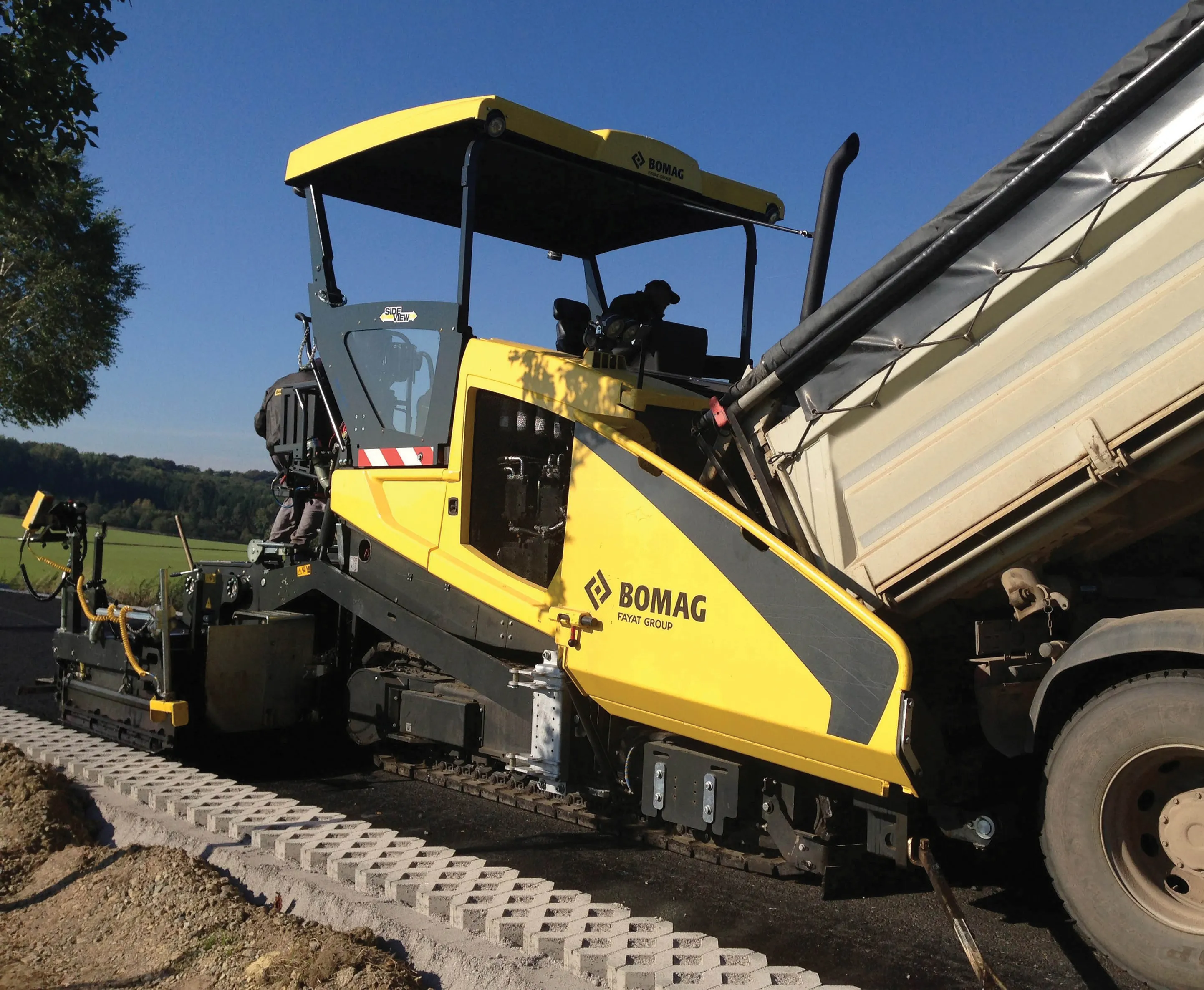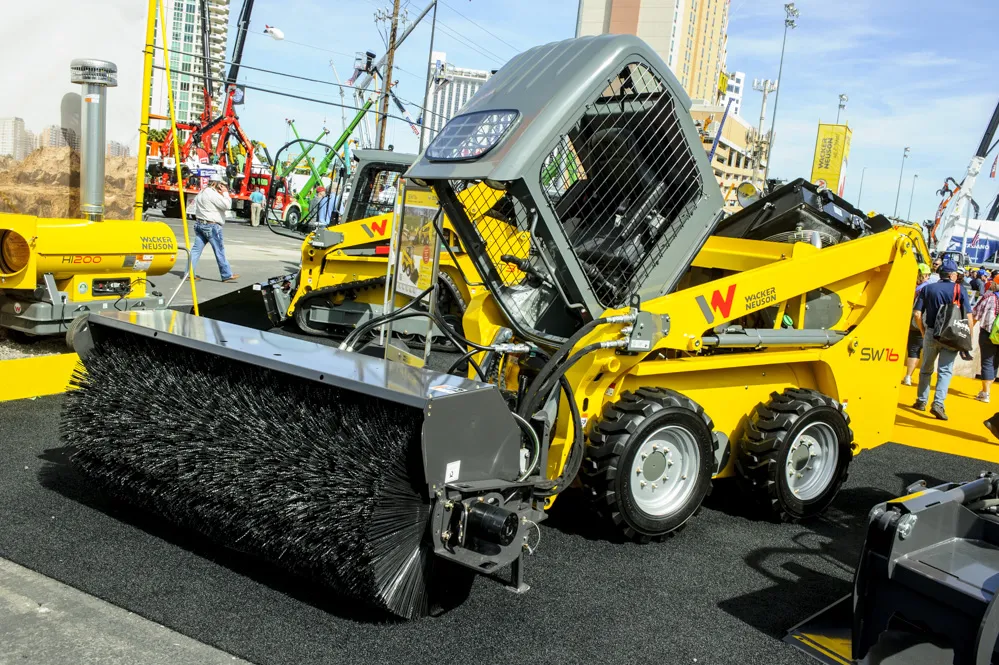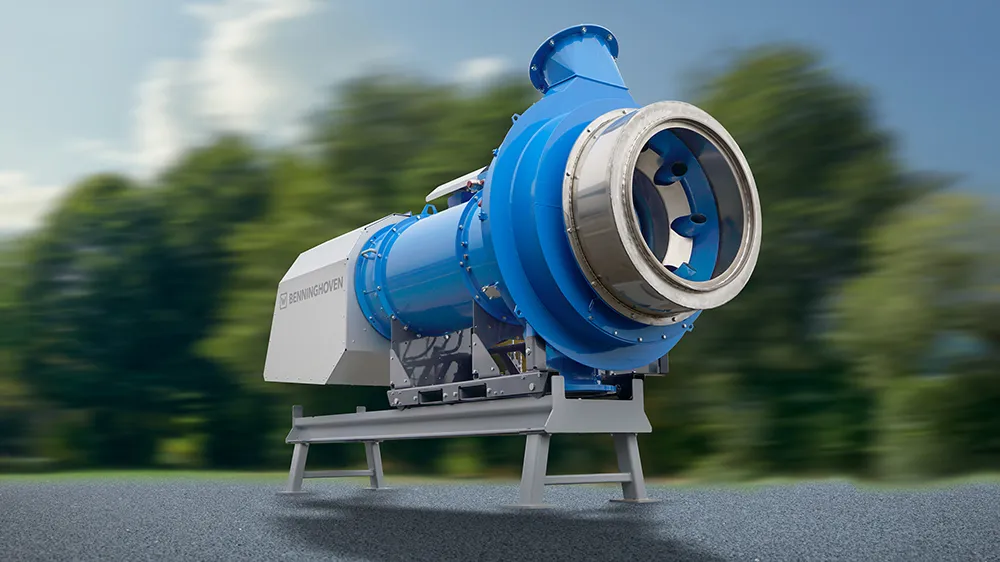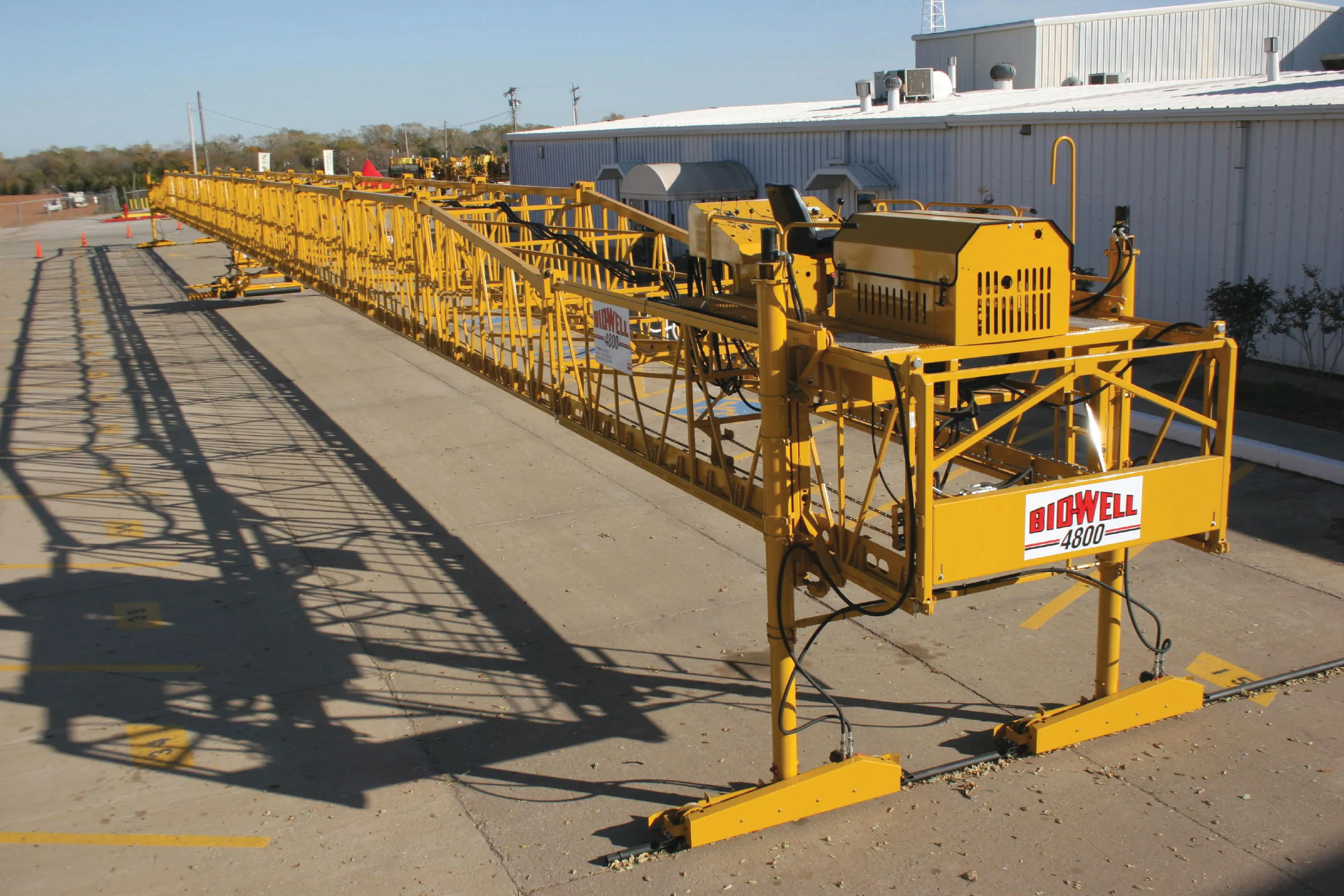Terex Trucks has launched extreme winter protection kits for its rigid dump trucks to avoid keeping engines idling in extreme sub-zero temperatures.
In its standard deliverable configuration, a Terex Trucks’ rigid hauler is designed to safely operate in conditions down to -18°C, explains Scott Pollock, product manager at Terex Trucks. But with the help of aftermarket heating specialist Webasto, this limit is greatly extended. Webasto’s Winter Kit defends trucks where temperatures fall to -25°C while the
April 10, 2017
Read time: 2 mins
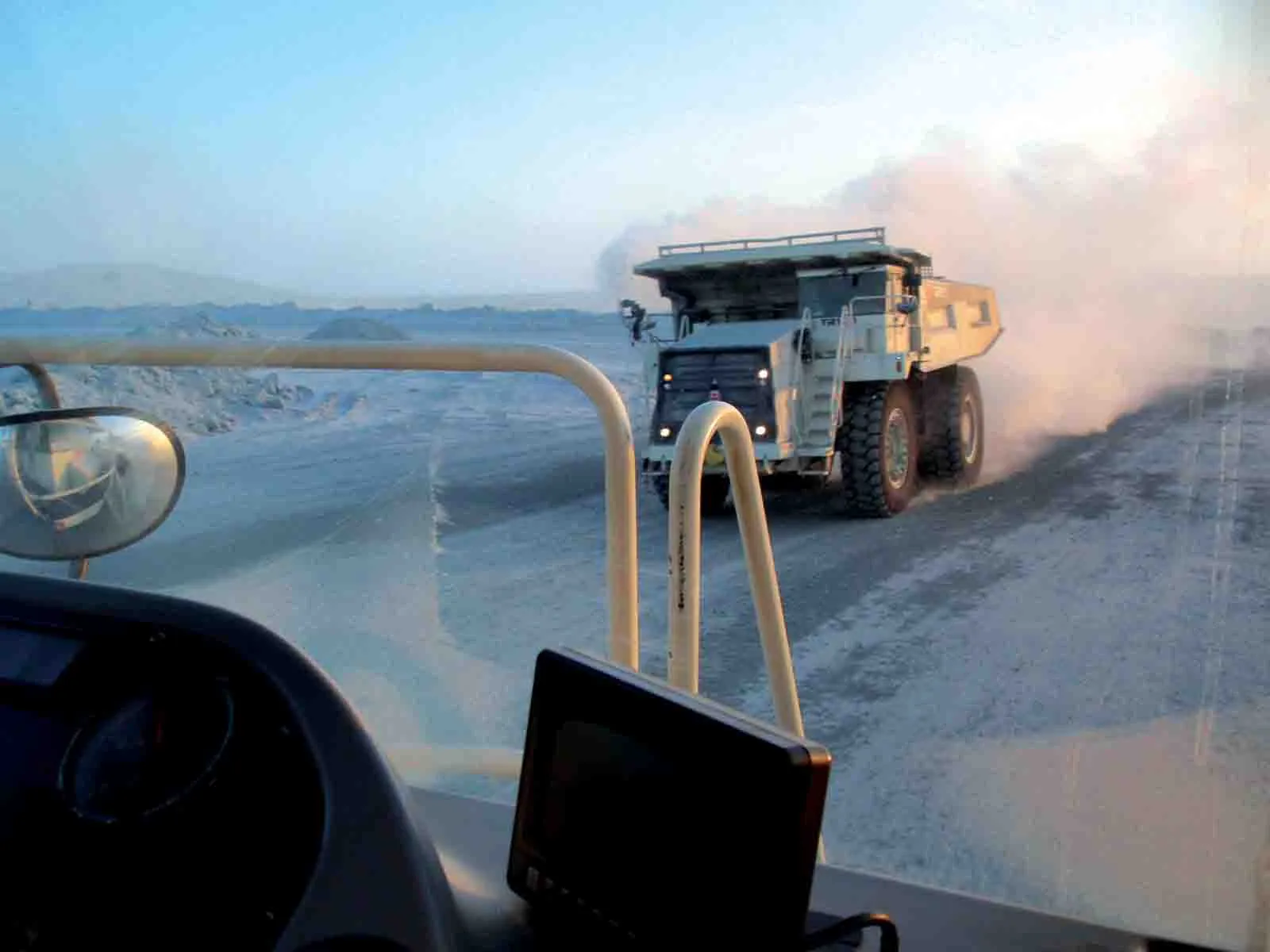
In its standard deliverable configuration, a Terex Trucks’ rigid hauler is designed to safely operate in conditions down to -18°C, explains Scott Pollock, product manager at Terex Trucks. But with the help of aftermarket heating specialist Webasto, this limit is greatly extended. Webasto’s Winter Kit defends trucks where temperatures fall to -25°C while the Arctic Kit enables safe operating up to -40°C.
General practice in colder countries is to keep engines constantly running - even during shift changes - to keep fluids warm, prevent fatigue failures in the drivetrain and seal leaks. Webasto’s truck-mounted Thermo-Heater reduces fuel consumption, engine wear-and-tear and prolonged downtime due to cold-induced mechanical issues.
Webasto say that the new technology makes use of an environment-friendly start-stop system that needs only a very small trickle of diesel. The Thermo-Heater is powered once the engine is shut down, it then draws the coolant from the engine and circulates around critical components. The engine-independent heater keeps the machine at a predetermined warmer temperature for hours after the motor is switched off, making engine restart more reliable.
Additionally, Webasto’s heater makes an operator’s life more comfortable. It supports the standard in-cab heater and there’s the added heated operator-seat.
Kits are fitted at the Motherwell factory in Scotland and are available on the TR45, TR60, TR70 and the 91tonne capacity TR100. They can be retrofitted also on older machines and are covered on the Terex Trucks protection warranty. “The newly designed kits will be offered globally,” says Pollock.


